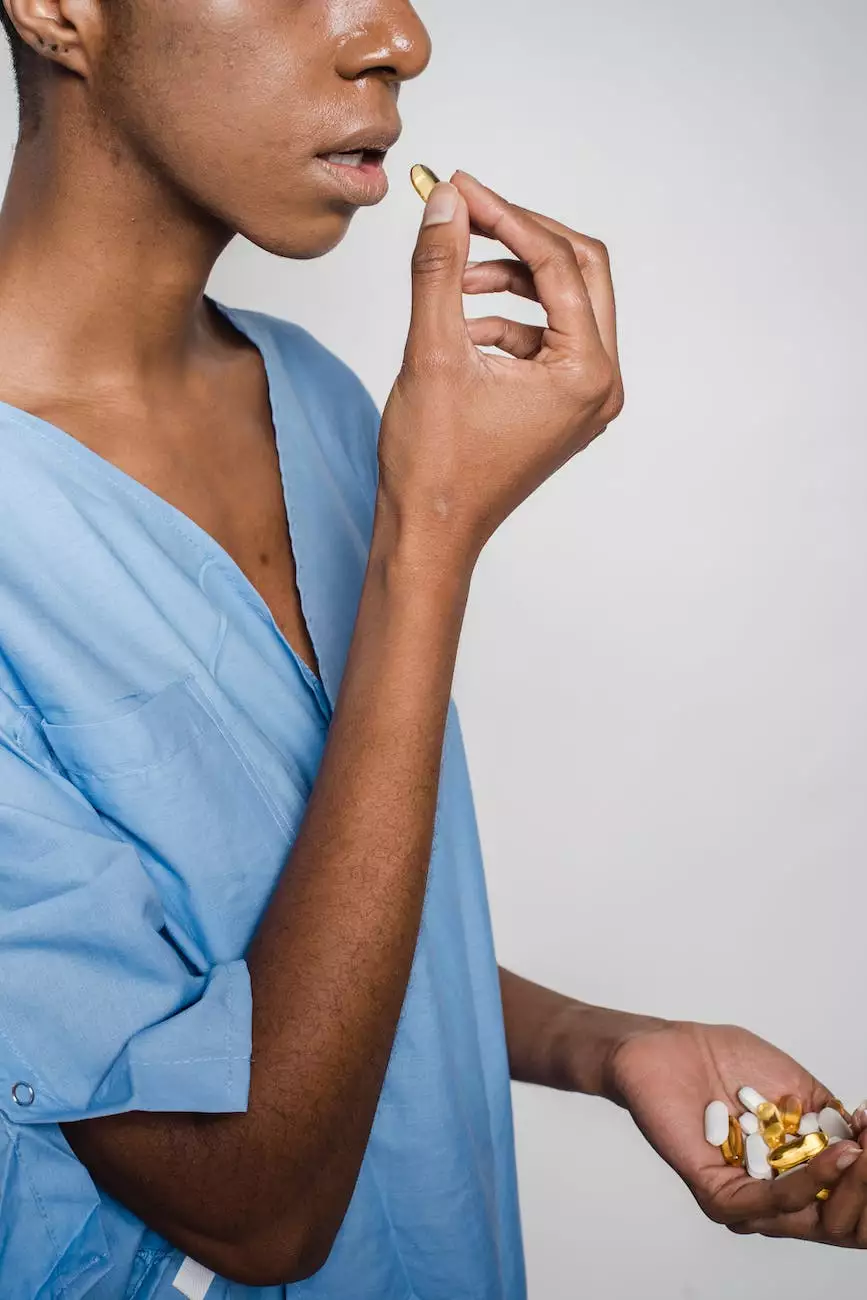Drinking Alcohol and Low Testosterone: Clarifying the Relationship
Health
Welcome to CHI St. Luke’s Health - Performance Medicine, your trusted source for comprehensive health information and personalized medical care. In this article, we aim to clarify the relationship between drinking alcohol and low testosterone levels, providing you with the knowledge to make informed decisions about your health.
The Impact of Alcohol on Testosterone Levels
Alcohol consumption can have a significant impact on testosterone production. Research suggests that excessive alcohol intake may lead to decreased testosterone levels in the body. High alcohol consumption can disrupt the natural hormonal balance, leading to symptoms of low testosterone including decreased libido, fatigue, and reduced muscle mass.
Understanding the Mechanism
When you consume alcohol, your body prioritizes metabolizing alcohol over other processes, including testosterone production. Alcohol inhibits the release of luteinizing hormone (LH), a hormone responsible for stimulating testosterone production in the testes. Additionally, alcohol can impair the liver's ability to convert cholesterol into testosterone, further contributing to reduced testosterone levels.
The Role of Estrogen
Alcohol consumption can also impact estrogen levels in the body. Excessive alcohol intake increases estrogen conversion, which can further disrupt hormonal balance. Elevated estrogen levels relative to testosterone can lead to a variety of adverse effects, including weight gain, mood changes, and decreased sexual function.
Reducing Alcohol-Related Testosterone Decline
If you're concerned about the impact of alcohol on your testosterone levels, there are steps you can take to mitigate the effects:
1. Moderation is Key
Avoid excessive alcohol consumption and prioritize moderation. Limit your intake to recommended guidelines - up to one drink a day for men and up to two drinks a day for women. Maintaining a balanced and moderate approach to alcohol can help support healthy testosterone levels.
2. Healthy Lifestyle Choices
Adopting a healthy lifestyle can positively influence testosterone production. Regular exercise, a nutritious diet, stress management, and adequate sleep can all contribute to maintaining optimal testosterone levels. By making these choices, you can counteract the potential negative impact of alcohol on testosterone.
3. Seek Professional Guidance
If you're experiencing symptoms of low testosterone or have concerns about alcohol's impact on your hormonal health, it's essential to consult with a healthcare professional. They can evaluate your specific situation, conduct necessary tests, and provide personalized advice tailored to your needs.
Conclusion
Understanding the relationship between drinking alcohol and low testosterone levels is crucial for maintaining overall health and well-being. Excessive alcohol consumption can disrupt hormonal balance, leading to a decline in testosterone levels. By practicing moderation, adopting a healthy lifestyle, and seeking professional guidance when needed, you can take control of your hormonal health and optimize your testosterone levels.
Visit CHI St. Luke’s Health - Performance Medicine for more information on testosterone, alcohol consumption, and other factors affecting your health. Our team of experts is dedicated to providing you with the resources and support you need to achieve optimal well-being.




